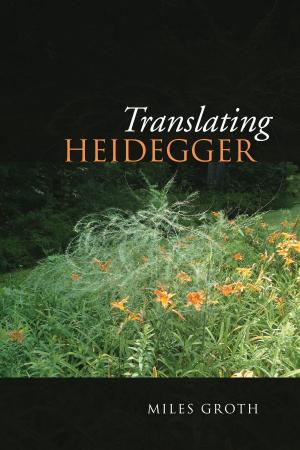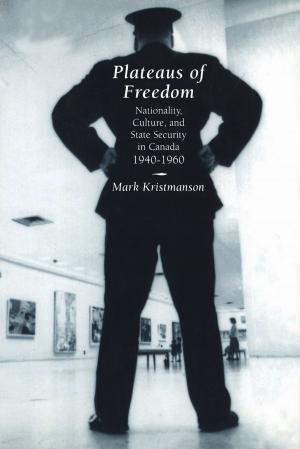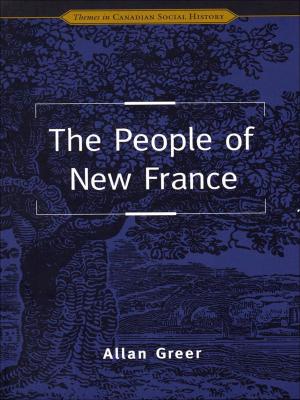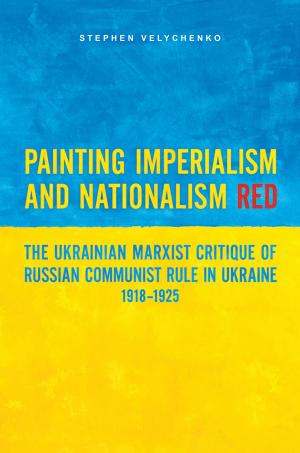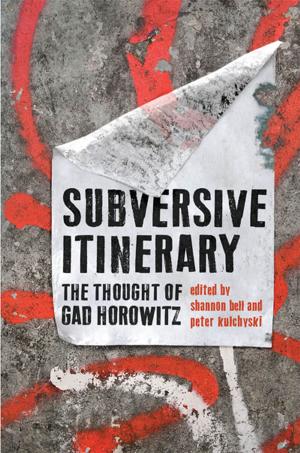Locating August Strindberg's Prose
Modernism, Transnationalism, and Setting
Fiction & Literature, Literary Theory & Criticism, European, Scandinavian, Nonfiction, History, Scandinavia| Author: | Anna Westerstahl Stenport | ISBN: | 9781442660403 |
| Publisher: | University of Toronto Press, Scholarly Publishing Division | Publication: | November 1, 2010 |
| Imprint: | Language: | English |
| Author: | Anna Westerstahl Stenport |
| ISBN: | 9781442660403 |
| Publisher: | University of Toronto Press, Scholarly Publishing Division |
| Publication: | November 1, 2010 |
| Imprint: | |
| Language: | English |
The setting of a novel is more than just an anonymous, interchangeable backdrop. In Locating August Strindberg's Prose, Anna Westerståhl Stenport argues that spatial setting is a key - though often neglected - tool for exploring the fundamentals of European literary modernism.
Stenport examines the importance of location by exploring the prose of Swedish exile August Strindberg (1849-1912), challenging previous studies of the author that have focused on identity and subject formation. Strindberg wrote in both Swedish and French, situating his stories in various places across Europe - from Berlin to the French countryside, the Austrian Alps, and Stockholm - to purposely destabilize concepts of national belonging, language, and literary history. Close readings of Strindberg's prose find that his boundary-challenging narratives redefine and rewrite the meaning of a marginal literary identity. By contextualizing Strindberg against other early modernists, including Kafka, Conrad, Rilke, and Breton, Stenport emphasizes the burgeoning transnationality of literature at the turn of the last century.
The setting of a novel is more than just an anonymous, interchangeable backdrop. In Locating August Strindberg's Prose, Anna Westerståhl Stenport argues that spatial setting is a key - though often neglected - tool for exploring the fundamentals of European literary modernism.
Stenport examines the importance of location by exploring the prose of Swedish exile August Strindberg (1849-1912), challenging previous studies of the author that have focused on identity and subject formation. Strindberg wrote in both Swedish and French, situating his stories in various places across Europe - from Berlin to the French countryside, the Austrian Alps, and Stockholm - to purposely destabilize concepts of national belonging, language, and literary history. Close readings of Strindberg's prose find that his boundary-challenging narratives redefine and rewrite the meaning of a marginal literary identity. By contextualizing Strindberg against other early modernists, including Kafka, Conrad, Rilke, and Breton, Stenport emphasizes the burgeoning transnationality of literature at the turn of the last century.





